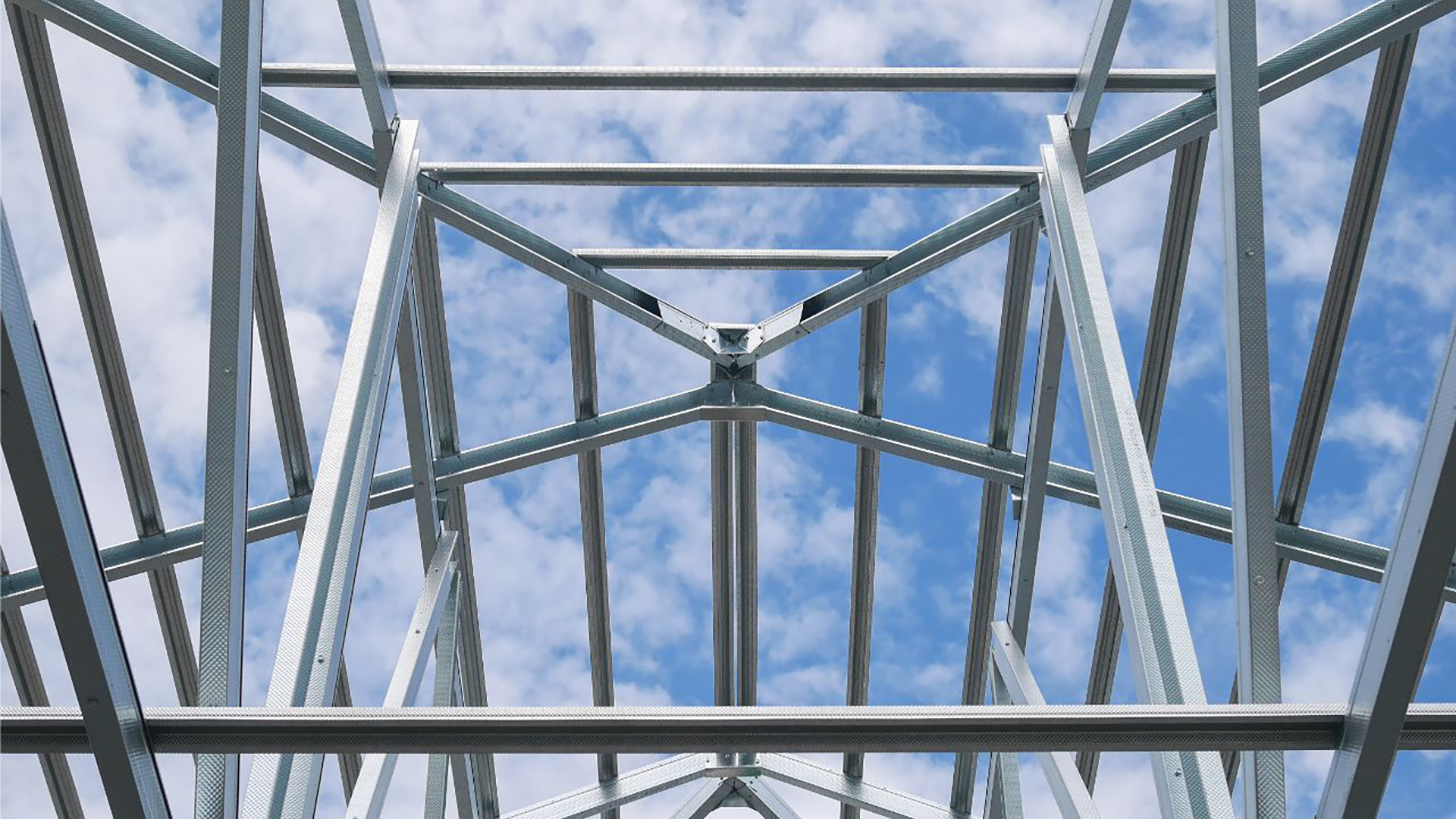
Aluminum has revolutionized modern construction, embodying a perfect blend of strength, durability, and sustainability. In Kuwait, it plays a key role in shaping innovative and environmentally friendly structures, with widespread use in aluminum kitchens, exterior windows, and exterior doors—making it a preferred choice for both functionality and modern design.
Lightweight and Resilient: Aluminum's exceptional strength-to-weight ratio sets it apart, being lighter than steel yet incredibly durable. Its ability to withstand heavy loads and harsh weather conditions makes it an ideal choice for high-rise buildings, bridges, and modular structures.
Corrosion Resistance: Unlike other metals, aluminum naturally develops a protective oxide layer that shields it from rust and corrosion. This feature makes it an excellent option for buildings in humid environments where traditional materials may succumb to moisture and salt damage.
Sustainability and Energy Efficiency: Aluminum's 100% recyclability without compromising quality positions it as one of the most sustainable construction materials available. Whether used in building structures or an aluminum kitchen, it helps reduce the environmental footprint while supporting a circular economy model.
Design Versatility: Aluminum's flexibility empowers architects to bring bold, futuristic designs to life with intricate shapes and structures that would be challenging to achieve with other materials. Whether in curtain walls, window frames, or roofing systems, aluminum offers aesthetic freedom without sacrificing durability.
Fire and Seismic Resistance: With its non-combustible nature, aluminum does not burn or emit toxic fumes during fires, enhancing overall safety in buildings and making it the best material to use for exteriors doors and windows in Kuwait.
Transitioning from Wood: While wood has been a traditional construction material for centuries, aluminum emerges as a superior alternative in modern times. Its advantages in longevity, sustainability, and resilience make it the preferred choice for contemporary construction projects.
Enhanced Longevity: Unlike wood, which is prone to rot, termite infestation, and weather-related wear, aluminum remains unaffected by decay, warping, or pest attraction. Its inherent resistance to rust and corrosion ensures that buildings maintain their integrity over extended periods with minimal maintenance.
In conclusion, the utilization of aluminum in construction elevates the quality, efficiency, and environmental friendliness of modern structures, establishing it as a cornerstone material in shaping the cities of tomorrow.